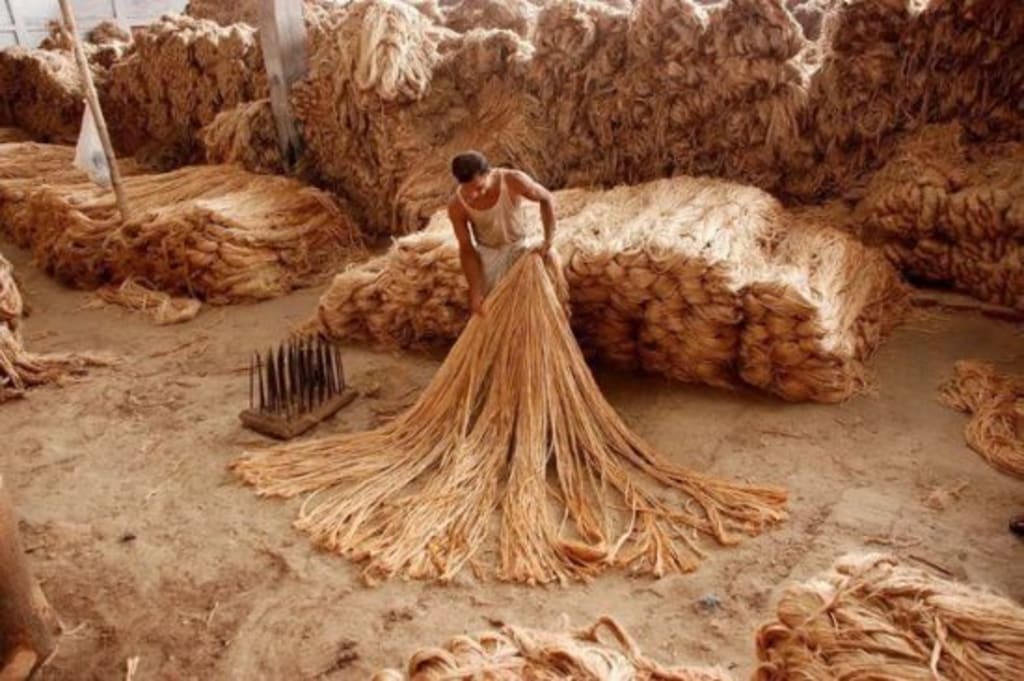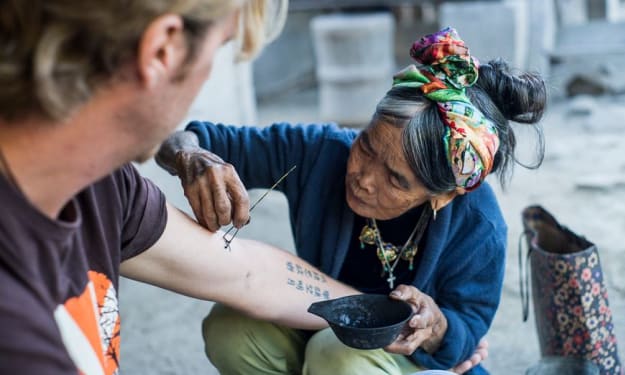The Golden Revival: Jute's Journey from Textiles to Biodegradable Plastic Replacement
Can Bangladesh Lead the World in Breaking Free from Single-Use Plastic?

For over two millennia, the golden fiber known as jute has been woven into the fabric of South Asian culture, crafting clothes, mats, and bags. Once a global trade essential, the jute industry faced a decline with the advent of synthetic materials. Now, a scientist's vision seeks to resurrect this ancient craft by transforming jute into a biodegradable alternative to plastic, backed by a $2 million investment from the Bangladeshi government.
The Rise and Fall of Jute: A Historical Textile Legacy
In the 1900s, jute sacks played a pivotal role in global trade, making the region that later became Bangladesh one of the world's major producers. However, the industry saw a rapid decline as synthetic materials took center stage. Despite being a sustainable and versatile material, jute struggled to compete with cheaper alternatives.
The Plastic Predicament: Bangladesh's Ban and the Birth of a Solution
Bangladesh made history by becoming the first country to ban single-use plastic bags. Mubarak Ahmed Khan, a scientist, emerged with a vision to turn jute into a viable replacement. The government's investment marked a commitment to combatting plastic pollution, although challenges remained, including opposition to the initial plastic ban.
Jute Mills: Crafting Tradition and Adaptation
Every day, over 200 tons of jute arrive at mills like Aan J Mills, a major player in Bangladesh's jute industry. Once a thriving hub, the demand for jute has dwindled in recent years. Efforts to revive this industry could mean a return to its former glory, with the potential to reshape global perceptions of this natural fiber.
Sonali Bag: A Biodegradable Marvel
Mubarak's revolutionary project, the Sonali Bag, blends 70% jute with natural polymers to create a colorful, biodegradable film. While it holds promise as an eco-friendly alternative, challenges such as production costs and scalability persist. Despite these hurdles, businesses and environmental groups are testing the durability of Sonali Bags, and initial feedback has been positive.
The Road Ahead: Challenges and Opportunities
Bangladesh's journey to break free from single-use plastic faces hurdles, from economic considerations to the need for infrastructure and widespread adoption. The government's enforcement of the plastic ban, coupled with innovations like the Sonali Bag, could pave the way for a plastic-free future.
Global Impact: Jute's Potential Beyond Bangladesh
Mubarak envisions jute as a global solution to the plastic problem. While the Sonali Bag is a significant step, widespread adoption hinges on affordability and market acceptance. With over two decades invested in this initiative, Mubarak remains steadfast in his belief that jute can be the answer to plastic pollution not only in Bangladesh but worldwide.
In the heart of South Asia, where tradition meets innovation, jute's resurgence paints a golden path towards a sustainable future, challenging the dominance of plastic and redefining Bangladesh's role on the global stage.






Comments
There are no comments for this story
Be the first to respond and start the conversation.